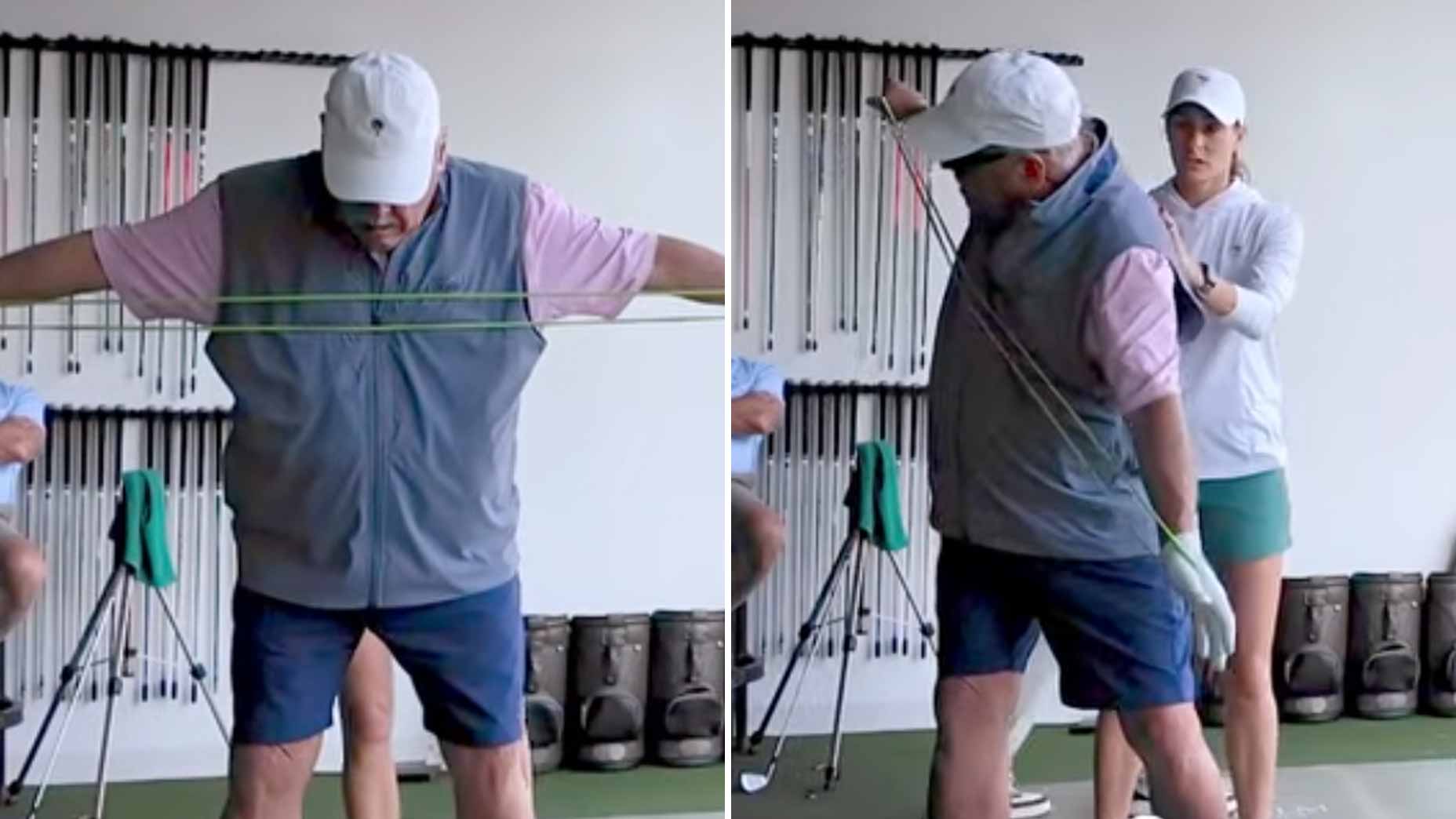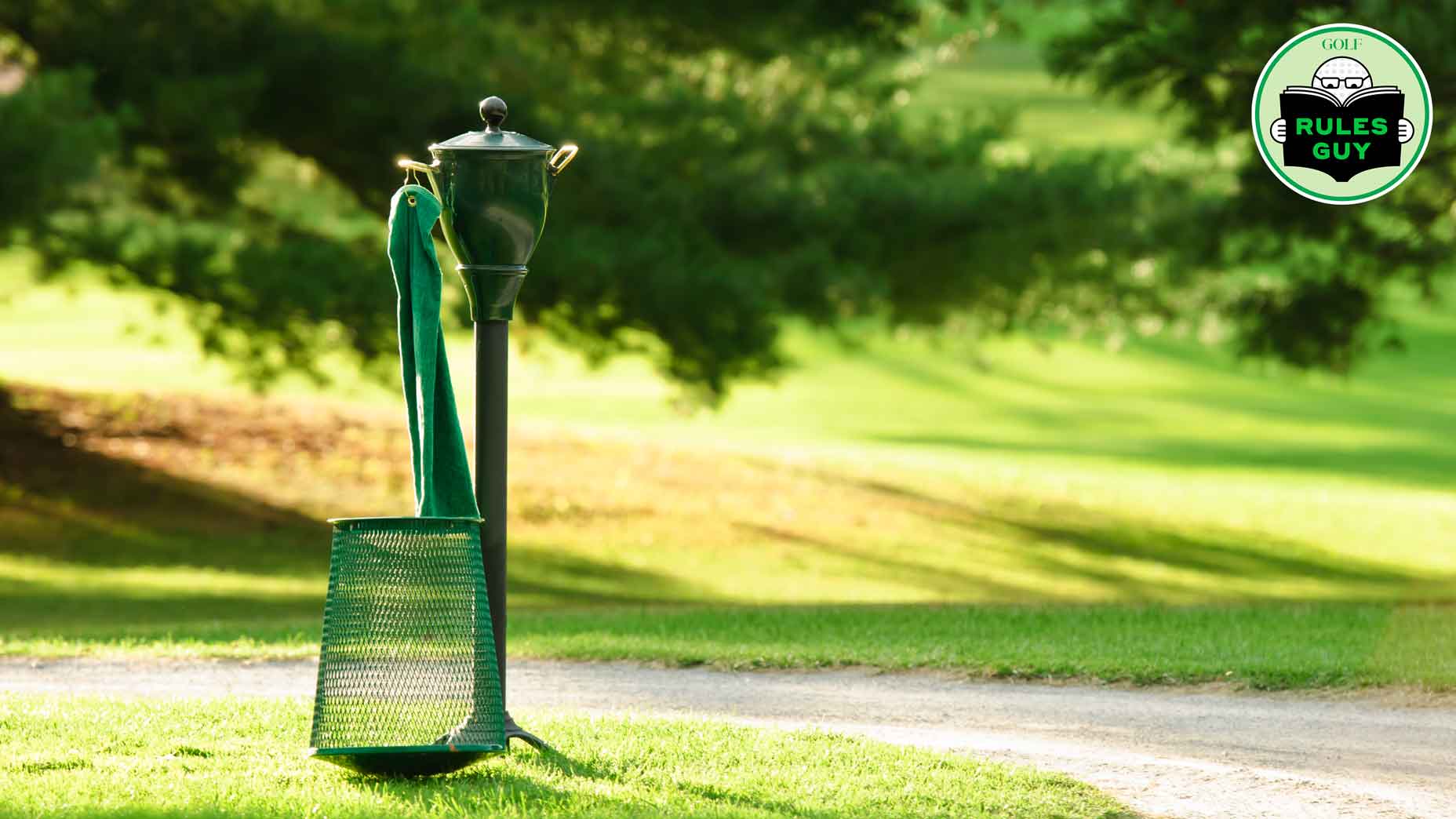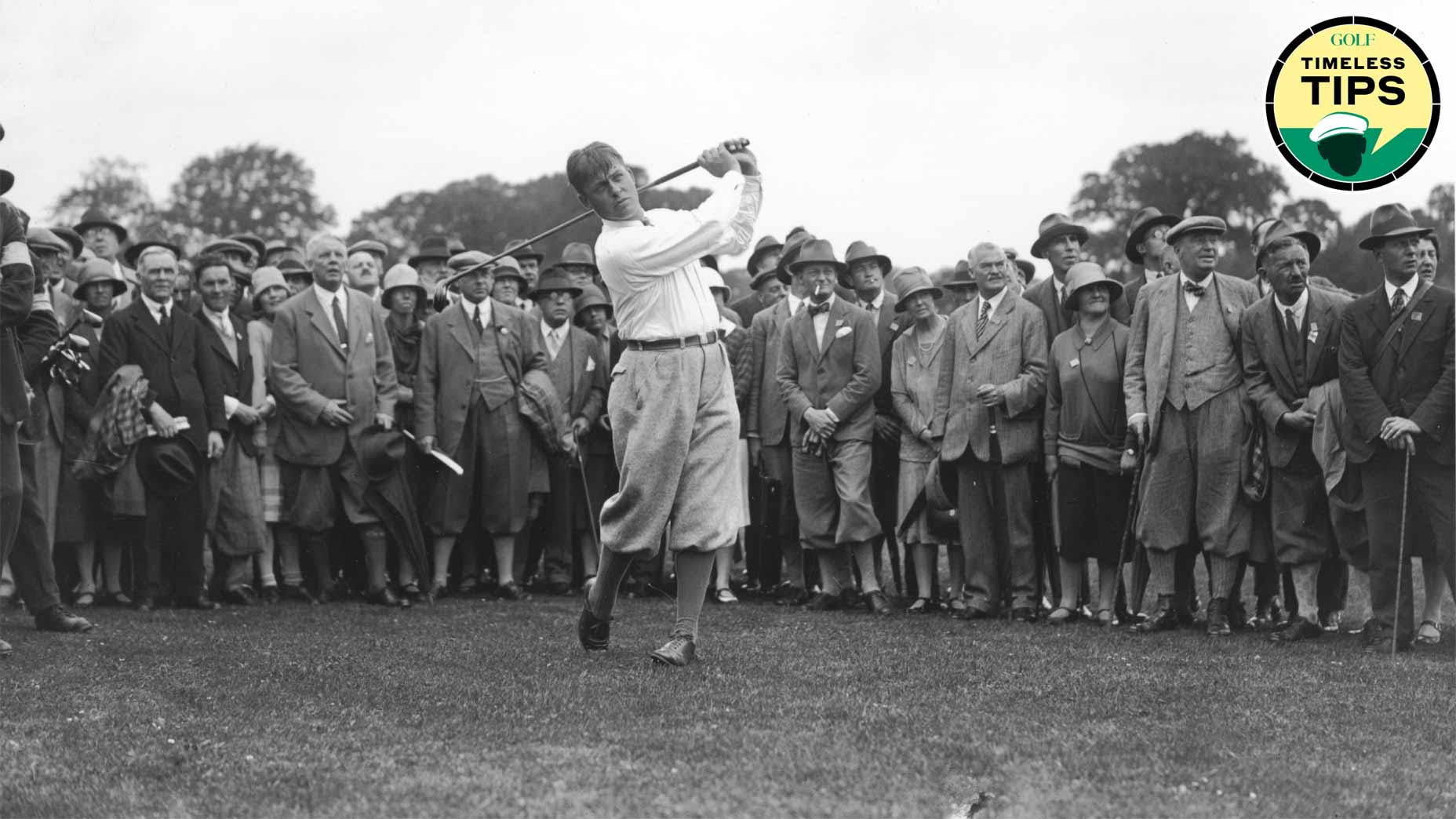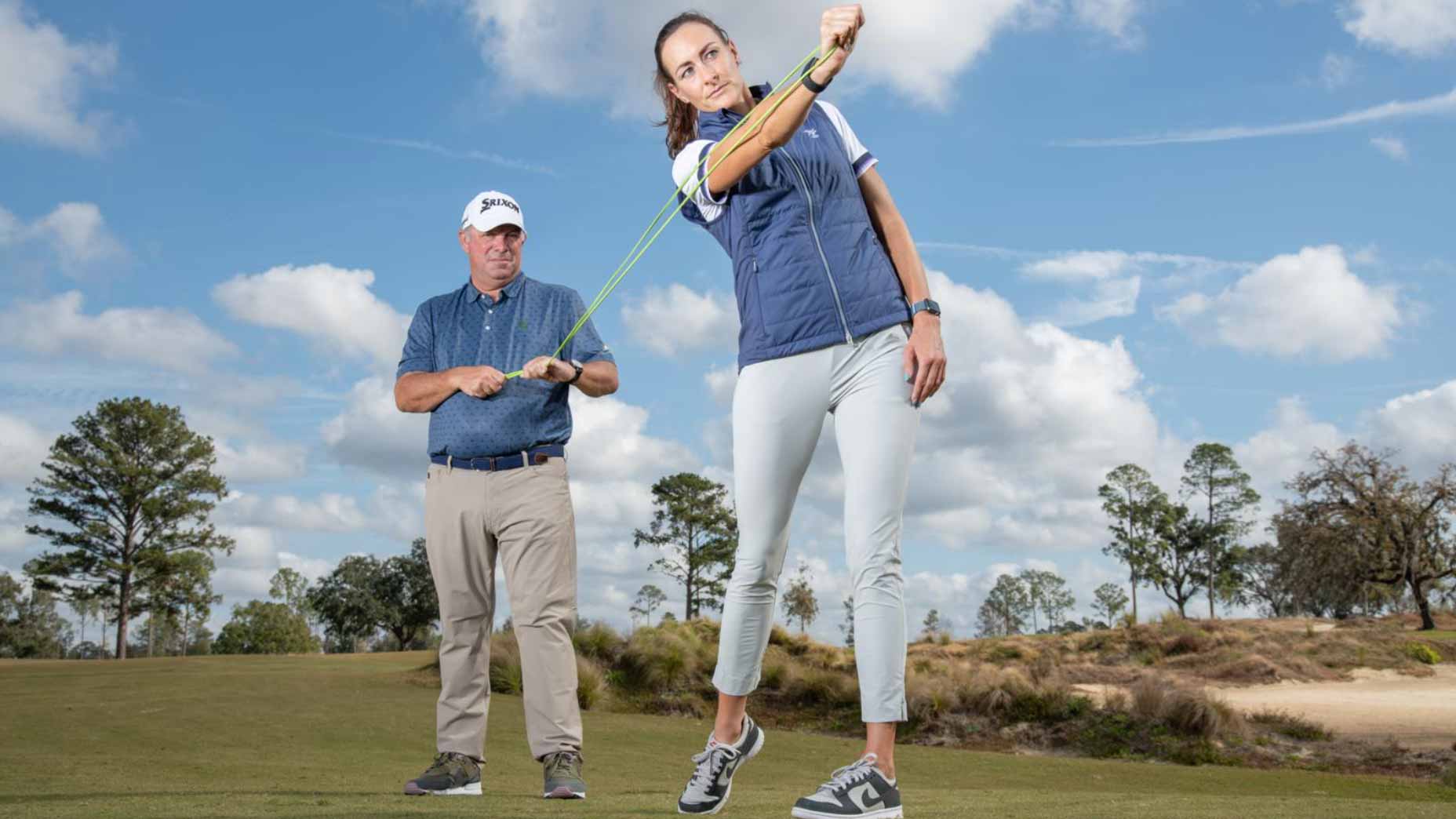 3 easy drills to hit crisp and powerful iron shots
3 easy drills to hit crisp and powerful iron shots
The cause of your slice is something so simple you didn’t even notice
Editor’s Note: Baden Schaff has been a PGA teaching professional for 17 years and is the co-founder of Skillest, a digital platform that connects golf students with golf coaches across the world for online lessons. To learn more about Skillest and to book a lesson of your own, head over to Skillest.com or download the app in the app store.
Sometimes our heads can play tricks on us, the subconscious comes into play and we make subtle compensations in our setups that we feel will allow us to correct our errant shots.
One of the most common setup compensations I see students make is how they start their head angles, especially for those who hit big slices — which is about 80 percent of the golfing population.
A natural instinct for slicers is to shift their eyelines at address more and more to the left. They don’t want to hit their ball right, so they instinctually tilt their heads to the left.
That’s a problem.
Trying to hit your ball less to the right by tilting your head left actually has the opposite effect. It exaggerates the slice we are trying to correct.

Inverted head angles are comfortable to many slicers because it makes them feel like they can better see their targets — in this case, the left side of the fairway. But in doing so, it inadvertently tilts the top of the spine in the wrong direction and points the shoulders more to the left. Without knowing it, slicer have just set up in positions for them to swing “over the top.”

ADVERTISEMENT
Most slicers need to swing more in-to-out and on a shallower plane, but if their heads are tilted to the left it’s almost impossible for their shoulders to move in the correct direction.
This presents a huge challenge for those of us who have always sliced the ball. We need to learn to embrace the right side of the fairway. It is only once we have the courage to start the ball right that we can fix that dreaded slice. That all begins with getting your head angles right, fixing your eyeline and turning the shoulders in the correct direction.
At first, it will feel like you’re aiming too far right. But these correct head angles will allow your body to turn in the right direction, give you the depth that you need and then bring the club from the shallower direction that we are all desperate to achieve. Your club path will be in a better spot, and high draws will be on the way.

So, how can we check that we are setting up correctly?
The easiest way is to simply practice in front of a mirror. My students no doubt get sick of how much mirror work I make them do, but it’s the only way you can be sure that you are getting it right. So find a reflection and do some shadow work before you take it to the course. I can assure you that over time, you’ll be able to hit your baby draw and beat your fears of the right side of the course.
To learn more about Skillest and to book a lesson of your own, head over to Skillest.com or download the app in the app store.
ADVERTISEMENT




